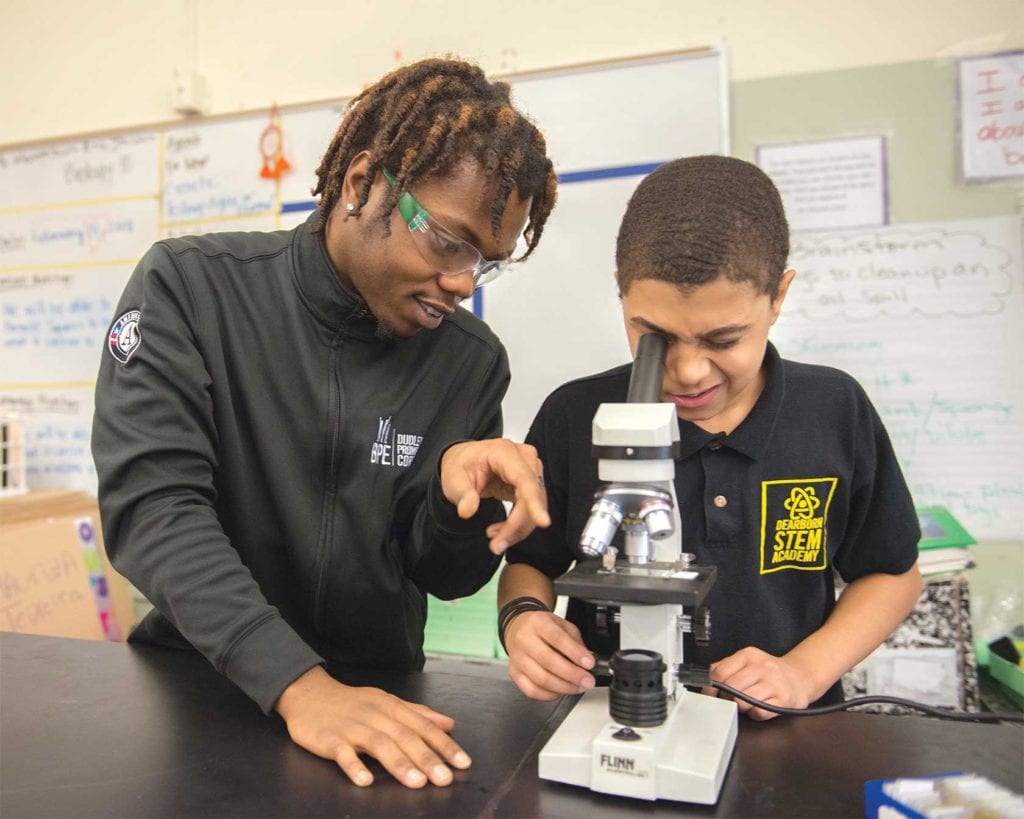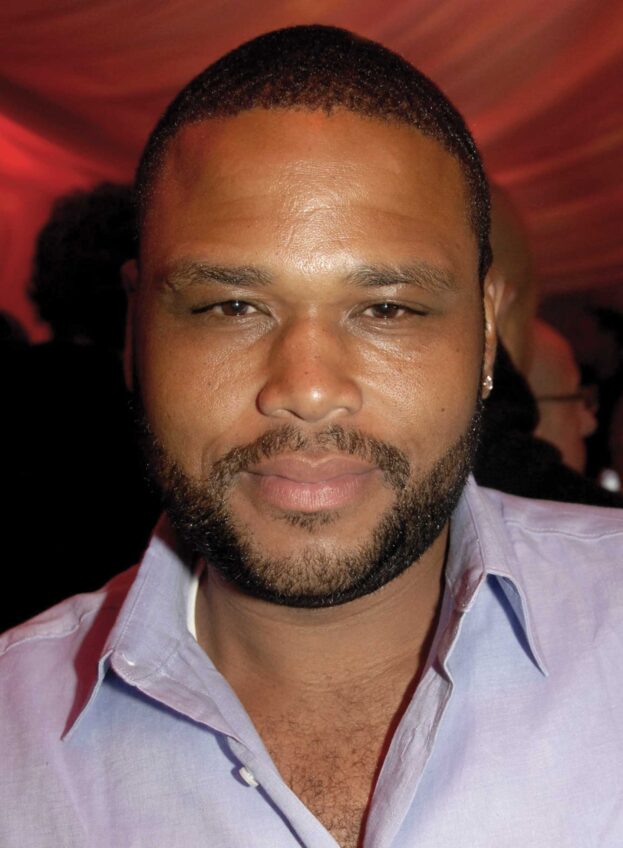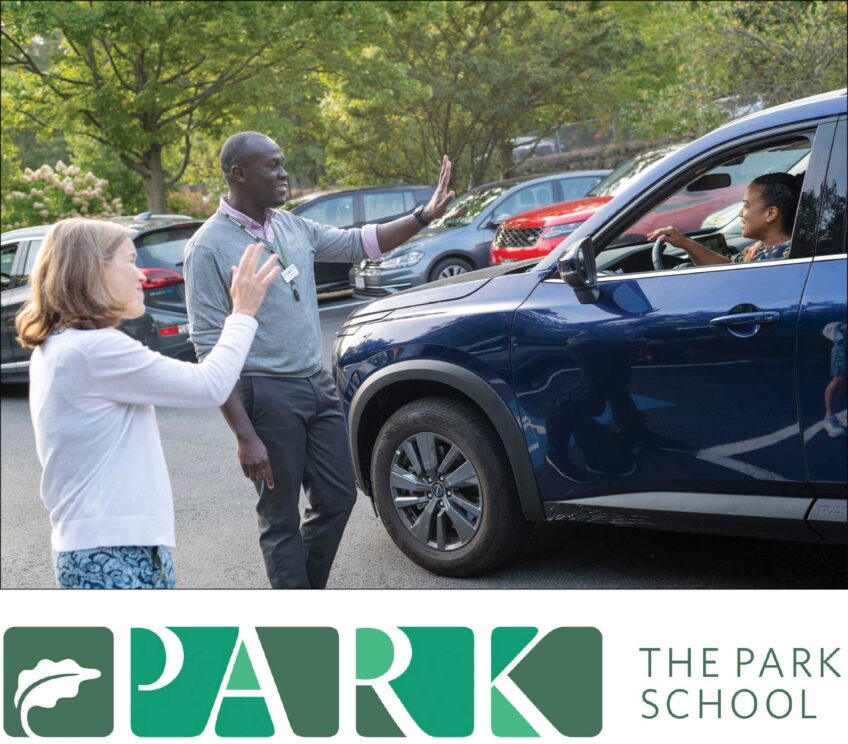
By Marinell Rousmaniere, EdVestors
For too long, our education and workforce systems have failed to see Black, Latinx, and English Language Learner students as holders and creators of knowledge. If we want to build the diverse workforce of tomorrow, it is crucial that we invest today in equity-minded systems and practices that value the cultural wealth young people possess and the knowledge, skills, and abilities they bring to the workforce.
After a challenging year that only exacerbated inequities, we owe it to our young people, particularly our young people of color, to remove systemic barriers to entry and success in quality career learning opportunities. By addressing and removing these barriers, all students can then explore industry sectors and career options, make informed decisions about their future path, and prepare for postsecondary education options.
It is promising that a number of companies have already begun rethinking their priorities and approaches to workforce development by shifting their recruiting strategies and engaging in diversity, equity & inclusion work. School districts like Boston Public Schools (BPS) are also trying new approaches to expand access to career pathways that are engaging and relevant for students, enhance their community, and offer direct connections to postsecondary education.
New Skills Boston
In October 2020, JPMorgan Chase launched a five-year $35 million initiative, New Skills at Work, to help young people obtain high-wage, in-demand jobs. Boston is one of six U.S. cities selected by JPMorgan Chase to participate in the initiative. The $7 million investment is boosting Boston’s ability to develop more equitable pathways and policies to give students access to higher education and real-world work experiences. The ultimate aim is to bolster efforts to support an inclusive economic recovery and advance racial equity.
A network of stakeholders — known as New Skills Boston — will strengthen partnerships between local school systems, higher education, employers, and government entities to dramatically increase the number of Black, Latinx, special education, and English Language Learner students who progress through educational pathways that prepare them for meaningful careers.
As a leading education nonprofit in Boston, EdVestors is pleased to serve as the lead partner for the New Skills Boston effort. We are working with several partners — Boston Public Schools, Bunker Hill Community College, University of Massachusetts Boston, the Boston Private Industry Council, Massachusetts Executive Office of Education, The Boston Foundation, and the City of Boston’s Office of Workforce Development — toward these shared goals.
Building on local assets
Boston is a partner-rich city with many programs, organizations, and institutions that are committed to building a cross-sector system that works together to enable students and families to make informed choices. Each year, the Boston Private Industry Council (PIC), which serves as the city’s Workforce Development Board and school-to-career intermediary, organizes employers to provide jobs and internship opportunities for BPS students and recent graduates. As part of the Mayor’s Summer Jobs program, the PIC prepares high school students for internships and matches them based on their skills and interests to work in employer-paid jobs and internships at private sector companies and in subsidized employment with community-based organizations and government. Quality work-based learning experiences such as paid internships provide opportunities for students to gain work experience and build professional and technical skills. They also help students explore career options through exposure to different sectors and occupations.
BPS’ newly approved 2020-2025 Strategic Plan focuses on college and career awareness, including deepening career exploration and ensuring young people have the information to make informed decisions about their future college and career choices. In BPS and throughout schools in Massachusetts, the My Career and Academic Plan (MyCAP) is a student-centered, multi-year planning tool and process that provides students with ongoing opportunities to plan for their academic, personal/social and career success. BPS leverages a student-facing web platform to serve as an up-to-date collection of resources for students as well as a place to organize and record progress related to goals, academic achievement, and skill development.
Helping young people find their pathways
Taken together, these career-connected learning efforts dare to envision a Boston where every student can progress through pathways that are engaging and relevant, enhance their networks, offer direct connections to postsecondary education, and prepare them to enter meaningful careers of their choosing.
That said, we must invest in the difficult but necessary work of reimagining systems that truly support our young people. It is our responsibility to ensure that pathways to purposeful careers employ equity-minded and asset-based strategies. They must also include accountability measures for partners that prioritize the inherent strengths of students, families and community, while eliminating immediate barriers and addressing systemic inequalities.
To learn more about the Career Connected Learning and Career Pathway opportunities in Boston, visit Edvestors.org/career-pathways.
Marinell Rousmaniere is the president and CEO of EdVestors, an education organization in Boston.






